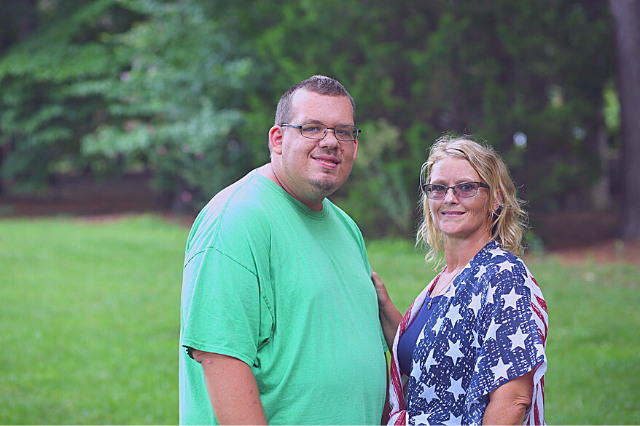According to research, caregivers of a loved one with a developmental or intellectual disability tend to experience increased stress and report poor physical health at a higher rate than non-caregivers.
Families who care for people who are disabled represent a sizeable share of all American households.
Living with a loved one with an intellectual or developmental disability has profound effects on the entire family. Caregivers often face system barriers that are difficult to navigate. This can lead to higher levels of fatigue, sleep loss, and stress.
Long-term, these factors can lead to an increased risk of heart disease, gastrointestinal disorders, high blood pressure, asthma, reduced immune functioning, and other negative health outcomes.
Many family caregivers report that caring for a family member with IDD has had a positive impact on their lives.
However, caregivers experience feelings of anxiety, depression, guilt, and general distress at a higher rate than non-caregivers. Caregivers also need care and would benefit from improved services to reduce stress and related health risks.
Remote Supports Service allows caregivers to reclaim their time and make space for attending to their needs. Time to address their physical and mental health needs, like being outside, spending time with friends and the community, or taking a vacation.
SafeinHome understands the need for support and strives to become a lifeline for people with disabilities and their families.
Other strategies to reduce stress
Other ways to reduce stress and negative family outcomes are healthier eating, getting enough sleep, making time for mindfulness, regular exercise, and spending time outdoors. Given the well-documented physical and psychological health risks associated with caregiving stress, it is critical to support caregivers in reducing stress and improving overall well-being.
